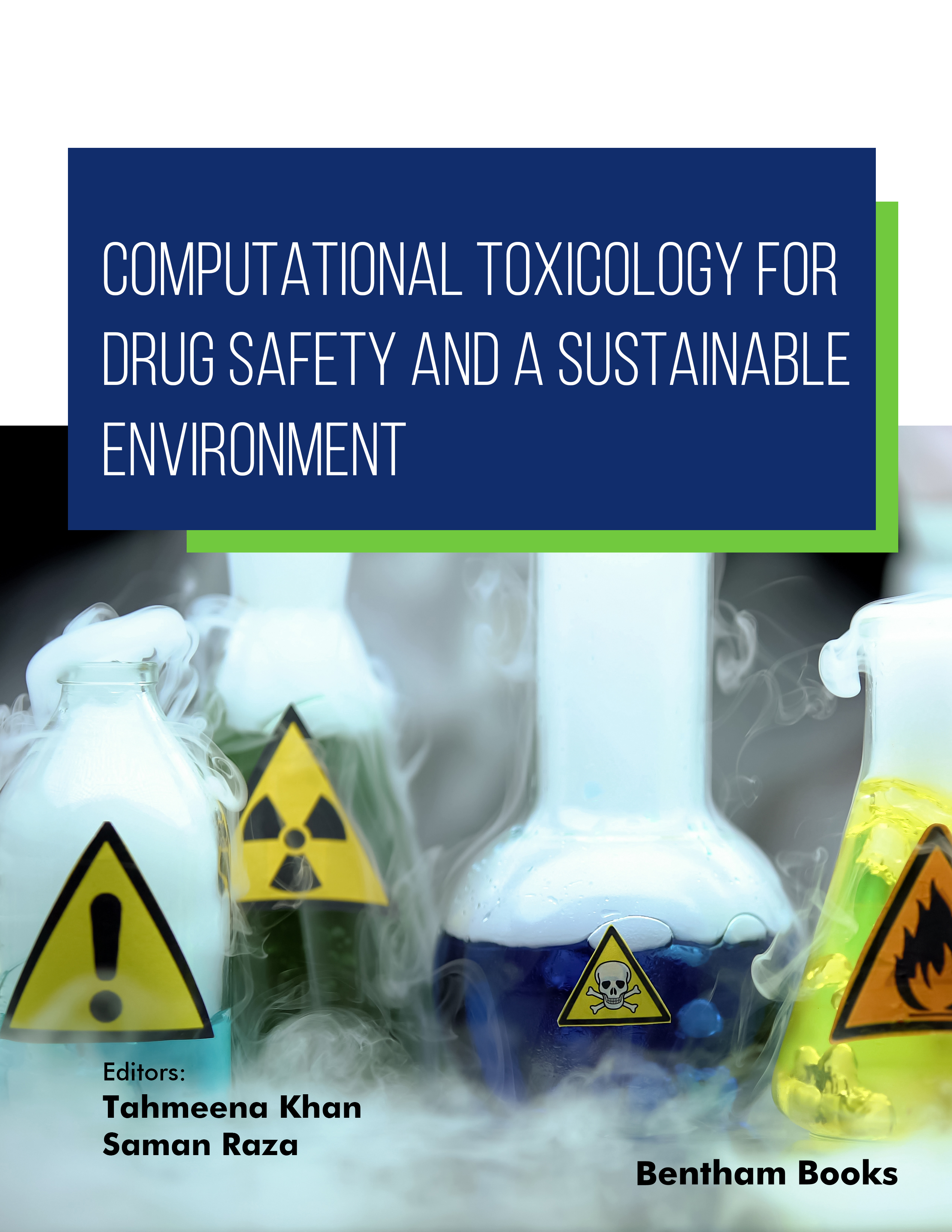Introduction
Computational Toxicology for Drug Safety and a Sustainable Environment is a primer on computational techniques in environmental toxicology for scholars. The book presents 9 in-depth chapters authored by expert academicians and scientists aimed to give readers an understanding of how computational models, software and algorithms are being used to predict toxicological profiles of chemical compounds. The book also aims to help academics view toxicological assessment from the lens of sustainability by providing an overview of the recent developments in environmentally-friendly practices. The chapters review the strengths and weaknesses of the existing methodologies, and cover new developments in computational tools to explain how researchers aim to get accurate results. Each chapter features a simple introduction and list of references to benefit a broad range of academic readers.
List of topics:
1. Applications of computational toxicology in pharmaceuticals, environmental and industrial practices
2. Verification, validation and sensitivity studies of computational models used in toxicology assessment
3. Computational toxicological approaches for drug profiling and development of online clinical repositories
4. How to neutralize chemicals that kill environment and humans: an application of computational toxicology
5. Adverse environmental impact of pharmaceutical waste and its computational assessment
6. Computational aspects of organochlorine compounds: DFT study and molecular docking calculations
7. In-silico studies of anisole and glyoxylic acid derivatives
8. Computational toxicology studies of chemical compounds released from firecrackers
9. Computational nanotoxicology and its applications
Readership
Graduate and postgraduate students, academics and researchers in pharmacology, computational biology, toxicology and environmental science programs.

